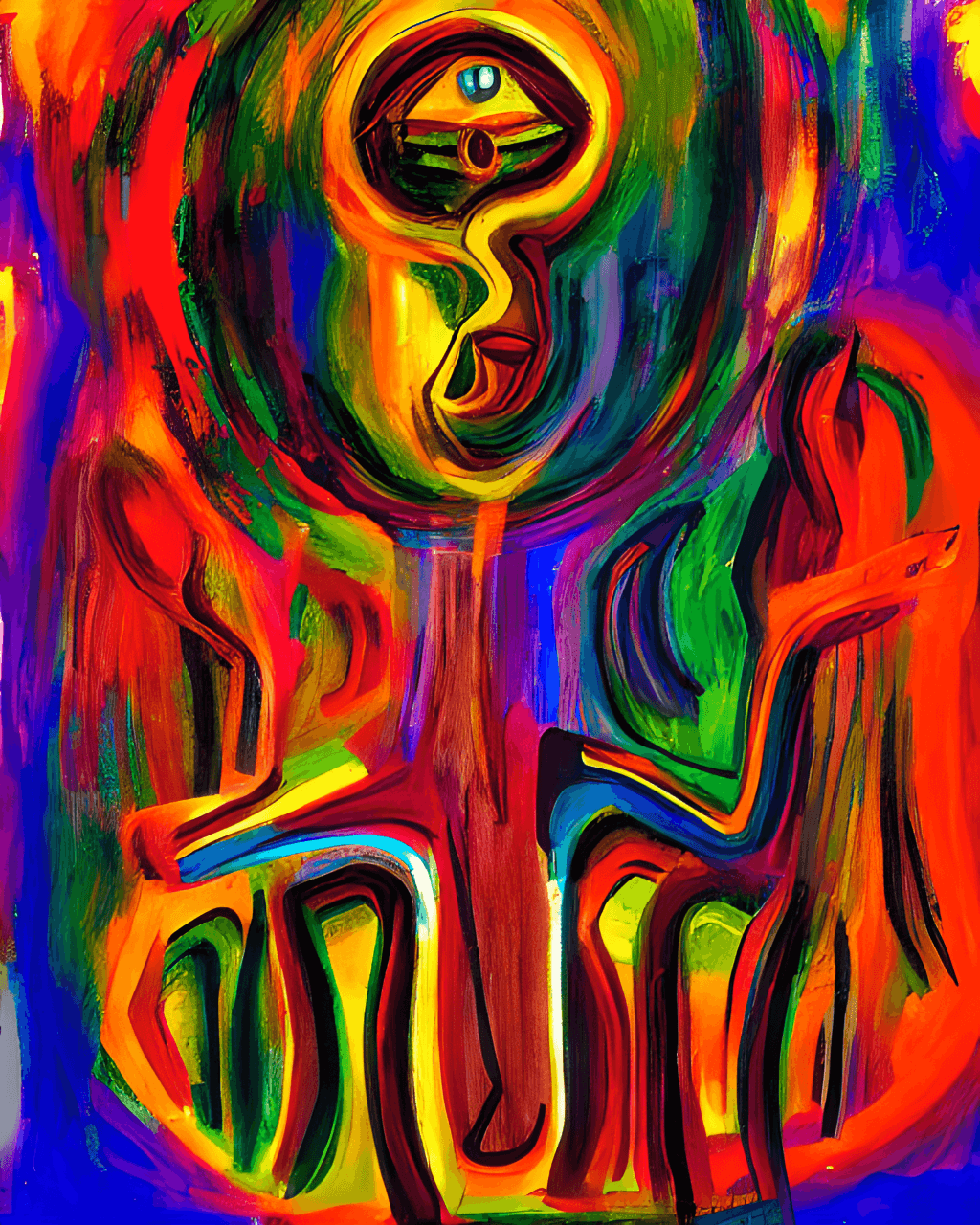The Laser Interferometer Gravitational-Wave Observatory (LIGO) is a groundbreaking facility designed to detect gravitational waves—ripples in spacetime caused by massive cosmic events like black hole mergers or neutron star collisions. Utilizing laser interferometry, LIGO measures minute changes in distance between mirrors placed kilometers apart, capturing distortions as small as a fraction of a proton's width. This capability has opened a new window into observing the universe, allowing scientists to study phenomena previously beyond our reach.
In a similar vein, each human can be likened to a living LIGO, attuned to the subtle "evolutionary waves" that permeate our existence. Just as LIGO detects cosmic ripples, humans possess the capacity to sense and respond to evolutionary currents through our consciousness and social interactions.
Our cognitive abilities enable us to perceive shifts in our environment and culture, allowing for adaptation and co-creation with the living world. This attunement manifests in various ways, such as the development of complex languages, social structures, and technologies that reflect our collective evolution. Through shared experiences and cultural transmission, we detect and amplify these evolutionary signals, shaping our societies in response.
Moreover, humans engage in niche construction, actively modifying our environments to better suit our needs, which in turn influences the selection pressures we face. This dynamic interplay between organism and environment exemplifies our role as both products and agents of evolution.
In essence, just as LIGO serves as a sentinel for gravitational waves, humans function as sensitive instruments for evolutionary change, perceiving, interpreting, and responding to the subtle forces that drive the continuous unfolding of life.
In the early days of coal mining, canaries served as vital sentinels. Their heightened sensitivity to toxic gases provided miners with early warnings of invisible dangers, often making the difference between life and death. This practice gave rise to the metaphor "canary in a coal mine," symbolizing early indicators of potential crises.
Drawing from this metaphor, we can envision humans as "canaries in the universal mind," attuned to the subtle currents of societal and environmental change. Our collective consciousness and individual sensitivities position us to detect emerging challenges and opportunities, allowing us to navigate toward a future that benefits all.
Buckminster Fuller, a visionary thinker, challenged the conventional notion that everyone must "earn a living" through traditional employment. He argued that technological advancements enable a fraction of the population to support the rest, rendering obsolete the idea that all must engage in laborious tasks. Fuller envisioned a world where spontaneous cooperation leads to universal well-being without ecological harm or social disadvantage.
To realize this vision, we must embrace our roles as human LIGOs—living instruments attuned to the "evolutionary waves" of change. By fostering awareness and responsiveness, we can anticipate and mitigate potential issues before they escalate. This proactive stance involves cultivating empathy, embracing innovation, and committing to sustainable practices that honor our interconnectedness with all life.
Fuller also emphasized the importance of individual uniqueness, reminding us that each person has a distinct role to play in the grand tapestry of existence. He stated, "Never forget that you are one of a kind. Never forget that if there weren't any need for you in all your uniqueness to be on this earth, you wouldn't be here in the first place."
By recognizing and nurturing our unique contributions, we can collectively steer humanity toward a future where cooperation and creativity flourish.
In essence, by acting as "canaries in the universal mind" and embracing our roles as human LIGOs, we can detect and respond to the subtle signals of change. Through conscious agency and collaborative effort, we can co-create a reality that aligns with humanity's highest aspirations, ensuring a thriving planet for all.
In the realm of human perception and experience, individuals can harness their awareness to navigate and influence the currents of evolution, much like riding the crest of a wave.
Terence McKenna's "Timewave Zero" theory posits that time is not a constant but has various qualities tending toward either "habit" or "novelty." He suggested that the universe is an engine designed for the production and conservation of novelty, with complexity increasing over time. McKenna believed that as novelty increases, so does complexity, with each level of complexity achieved becoming the platform for a further ascent into complexity. He proposed that by understanding these patterns, individuals could align themselves with the universe's inherent drive toward novelty and complexity.
Similarly, Albert Einstein, at the age of 16, imagined chasing after a beam of light, a thought experiment that played a memorable role in his development of special relativity. He pondered what it would be like to travel alongside a light beam, leading to profound insights into the nature of light and the fundamental principles of physics.
By literally "riding the evolutionary wave," conscious individuals can gain deeper insights into the metaphysical principles that underlie physical reality. This process involves attuning oneself to the subtle currents of change and novelty, allowing for a more profound understanding of the forces that shape existence. In doing so, individuals can actively participate in the co-creation of reality, steering humanity toward a future characterized by spontaneous cooperation, ecological harmony, and the well-being of all.
In essence, by embracing the role of a "human LIGO" and riding the evolutionary wave, individuals can transcend conventional limitations, accessing deeper layers of understanding that inform both the physical and metaphysical aspects of existence. This conscious engagement with the unfolding patterns of the universe empowers humanity to co-create a reality that reflects our highest aspirations and potential.





